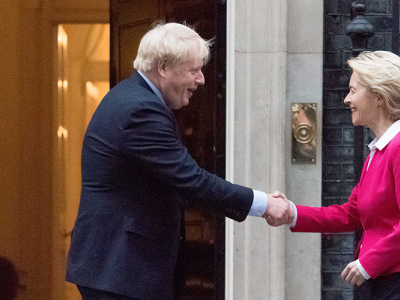
Striking the Right Balance: The Future of NAOs in ACP-EU Cooperation
The cooperation agreements between the 78 African, Caribbean and Pacific countries (ACP) and the European Union (EU), starting with Yaoundé and continuing through Lomé to Cotonou, frame the European Union’s development assistance funded from the European Development Fund (EDF). Over the years, they have been praised for a number of progressive innovations and original features, including:
- Partnership & ownership – the ACP countries are responsible for their own development but Europe has a responsibility to assist them;
- dialogue and mutual obligations – in all phases from programming to implementation;
- joint management – ACP countries have a key role in areas such as programming, implementation and the management of financial resources.
Like its predecessors, the Cotonou Partnership Agreement (2000-2020) outlines the specific tasks and responsibilities of each partner in all stages of cooperation: in programming and strategy formulation, project identification, implementation, monitoring and evaluation. Its legal provisions stand out because they grant more authority to the recipient government than any other of the European Union’s external assistance programmes, e.g. for Asia, Latin America (ALA) and the Mediterranean (MEDA).



